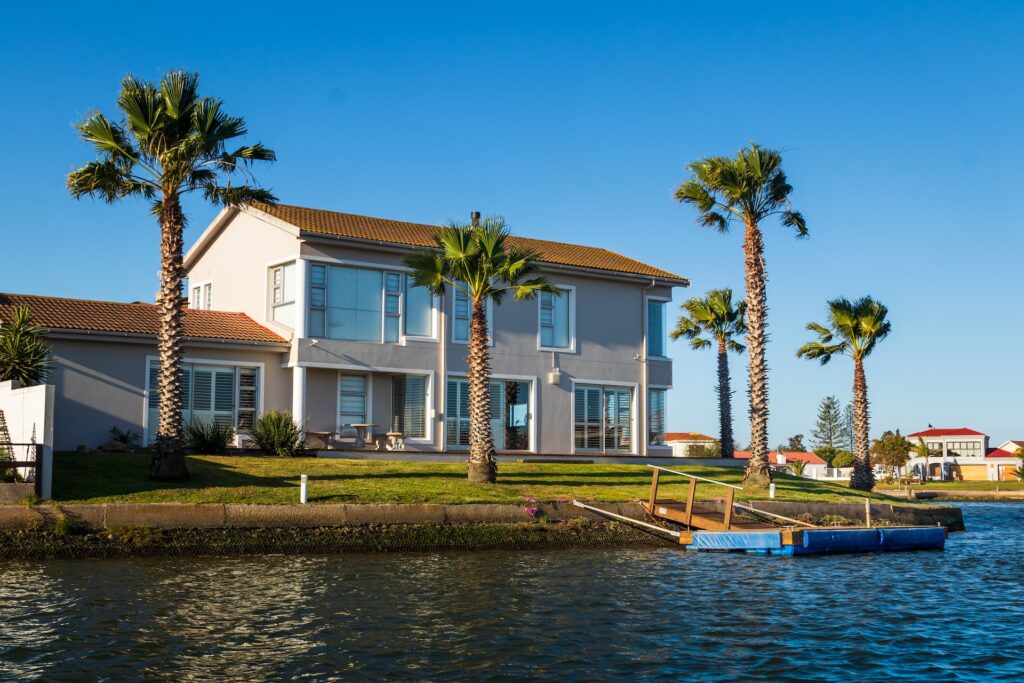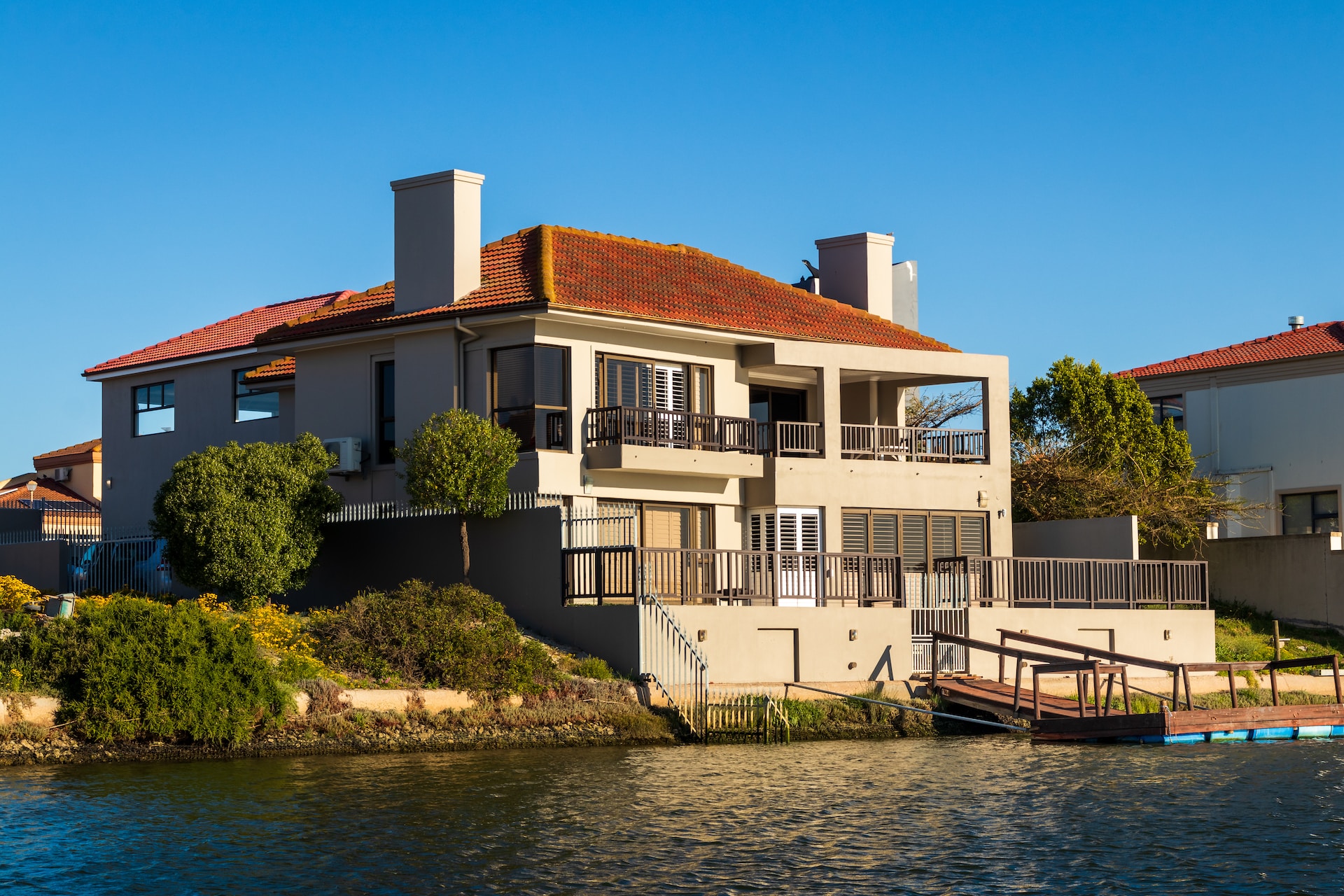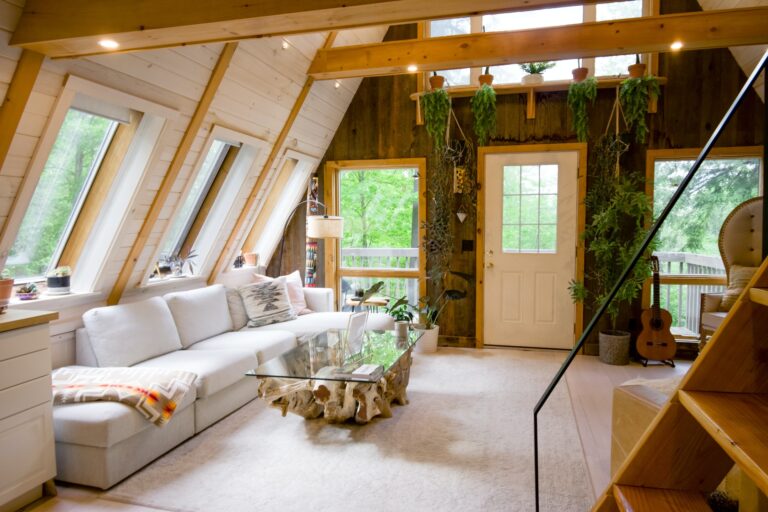7 Considerations When Converting a Residential Property into a Vacation Rental
Are you considering converting your residential property into a vacation rental? With the rise of online platforms connecting travelers with unique accommodation options, many homeowners are finding success in the vacation rental market. However, before diving into this venture, it is important to consider a few key factors to ensure a successful and profitable experience. Here, we will explore the important considerations you should keep in mind when converting your residential property into a vacation rental.
1. Research Your Local Laws and Regulations
Before proceeding with your vacation rental plans, it is crucial to familiarize yourself with the laws and regulations governing short-term rentals in your area. Some cities and municipalities have specific requirements, such as obtaining permits or licenses, adhering to zoning restrictions, or paying certain taxes. There can also be regulations on occupancy limits and safety requirements. By understanding and complying with these regulations, you can avoid potential legal issues and some hefty penalties down the line.
2. Assess the Demand in Your Area
Conduct thorough market research to determine the demand for vacation rentals in your specific location. Consider factors such as tourist attractions, events, and the overall popularity of your area as a travel destination.
Additionally, evaluate the competition. Analyze the existing vacation rentals in your area and identify their unique selling points. Understanding the demand will help you make informed decisions regarding pricing, marketing, and the overall viability of your vacation rental business.
3. Evaluate Your Property’s Suitability
Take a critical look at your residential property to determine if it is suitable for conversion into a vacation rental. Consider factors such as location, amenities, size, and overall condition. Is your property conveniently located near popular tourist attractions? Is there accessible public transportation? Does it have enough space to comfortably accommodate guests? These are important questions to consider to ensure that your property will attract guests and provide a positive vacation experience.
Moreover, the amenities you offer can make a significant difference. Consider what amenities are expected in a vacation rental, such as a fully equipped kitchen, Wi-Fi, laundry facilities, parking, and outdoor spaces. Enhancing your property with these amenities can make it more appealing to potential guests.

4. Pricing and Financial Considerations
Converting a residential property into a vacation rental involves certain expenses. You will need to invest in furnishing the property, upgrading amenities, and marketing your listing. Additionally, consider ongoing costs such as utilities, insurance, property taxes, and maintenance costs. Calculate your potential rental income and compare it against these expenses to determine the profitability of your venture.
It is also important to consider the seasonality of the demand in your area, as it may affect your rental income. Consider consulting with a financial advisor to ensure you have a clear understanding of the financial implications of converting your residential property into a vacation rental.
5. Create a Welcoming and Functional Space
To stand out in the vacation rental market, it is essential to create a space that is both welcoming and functional. Invest in quality furnishings, comfortable bedding, and essential amenities such as a fully equipped kitchen, reliable Wi-Fi, and entertainment options. Consider the needs and preferences of your target guests and design your space accordingly. Remember, first impressions matter, so ensure that your property is clean, well-maintained, and visually appealing.

6. Develop A Comprehensive Marketing Strategy
Once your vacation rental is ready to welcome guests, it is crucial to develop a comprehensive marketing strategy to attract bookings. Utilize online platforms such as Airbnb, VRBO, and Booking.com to list your property and showcase its unique features. Invest in professional photography to highlight the best aspects of your property and write a compelling listing description that captures the attention of potential guests. Additionally, consider implementing a pricing strategy that takes into account factors such as seasonality, local events, and competitor analysis.
7. Consider Hiring Professional Management Services
Managing a vacation rental property can be time-consuming, especially if you have multiple bookings or live far away from your property. Consider hiring professional management services that can handle tasks such as guest communication, check-ins and check-outs, housekeeping, and maintenance. This can help alleviate the stress of day-to-day operations and ensure that your property is well-maintained and consistently meets the expectations of your guests.
The Bottom Line
In conclusion, converting a residential property into a vacation rental can be a profitable and rewarding venture, but it requires careful consideration and planning. By researching local regulations, assessing market demand, evaluating your property’s suitability, creating a welcoming space, implementing an effective marketing strategy, providing excellent customer service, and considering professional management services, you can set yourself up for success in the vacation rental market. So, take the time to carefully consider these key considerations and embark on your journey to becoming a successful vacation rental host.







